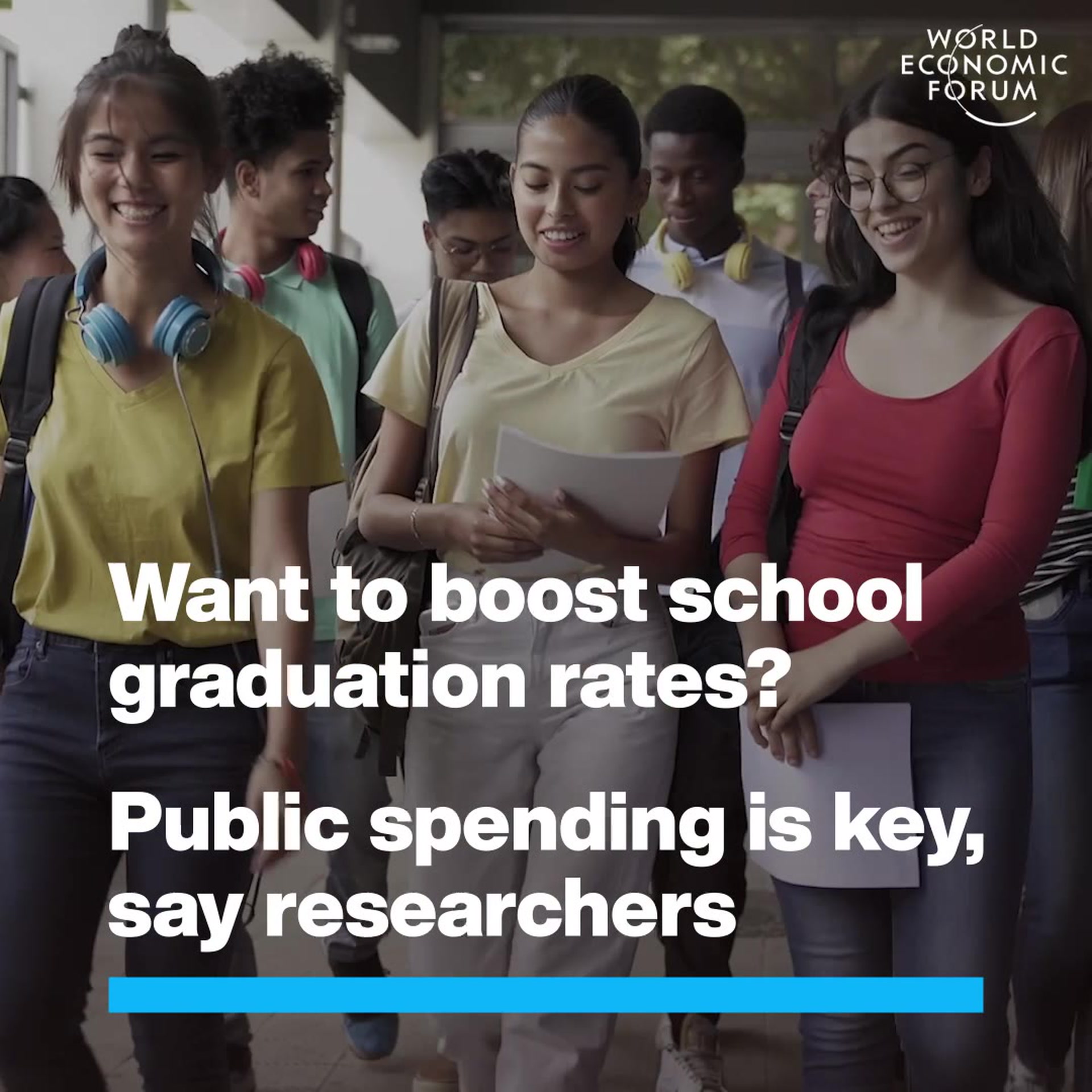The rise of FOBO: fear of becoming obsolete in the age of AI
This video is part of: Centre for the Fourth Industrial Revolution
As generative AI rapidly evolves, a new fear grips the workforce: FOBO, the Fear of Becoming Obsolete. A recent Gallup survey reveals a 7-point increase since 2021 in US workers who believe new technologies threaten their jobs, reflecting a growing sense of anxiety about AI's impact on the job market. Experts predict that 44% of skills will be disrupted within the next five years, further fueling these concerns.
AI brings opportunities amidst the disruption
However, the rise of AI presents a double-edged sword. While some fear job losses, 50% of organizations anticipate AI-driven job growth. Companies are rapidly adopting generative AI, with specialists in AI and Machine Learning topping the list of fast-growing professions. This suggests that workers can leverage the situation by upskilling themselves in AI.
Human skills remain key
Despite the AI wave, human faculties hold their ground. AI fluency ranks only third on the list of desirable skills by 2027, trailing behind analytical and creative thinking. This underscores the enduring value of uniquely human capabilities, even in an increasingly automated world.
Cautious optimism among workers
Despite the anxieties surrounding FOBO, the overall sentiment towards AI remains positive, as revealed by a global study by PwC. While some express concerns, a third believe it will enhance their productivity and efficiency by freeing them from routine tasks and allowing them to focus on developing more complex and marketable skills.
More on Emerging TechnologiesSee all
Ana Kreacic and Michael Zeltkevic
May 7, 2024
Robin Pomeroy and Linda Lacina
April 29, 2024
Maroun Kairouz
April 29, 2024
Tanya Milberg
April 28, 2024










